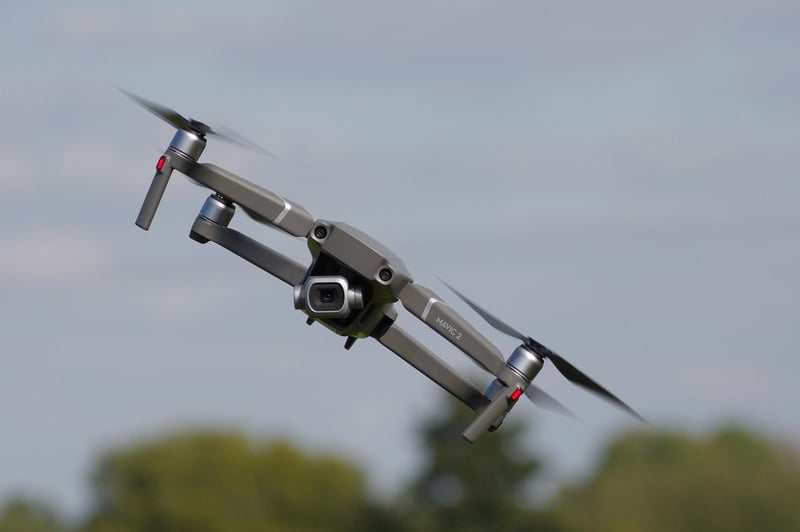Sports Analyst
Aim High in Your Professional Endeavors

Setting ambitious goals and striving for excellence are essential ingredients for success in any professional field. Whether you are a seasoned professional or just starting your career journey, aiming high can propel you towards greater achievements and personal growth.
The Power of Goal Setting
Setting clear and specific goals provides a roadmap for your professional development. By defining what you want to achieve, you can channel your efforts towards meaningful outcomes. Remember, goals should be SMART - Specific, Measurable, Achievable, Relevant, and Time-bound.
Continuous Learning and Growth
Embrace opportunities for learning and growth to enhance your skills and knowledge. Whether through formal education, workshops, or on-the-job experiences, continuous learning is key to staying relevant in a competitive professional landscape.
Seeking Mentorship and Guidance
Connect with experienced professionals in your field who can offer valuable insights and guidance. A mentor can provide advice, share their experiences, and help you navigate challenges, accelerating your professional growth.
Building a Strong Network
Cultivate relationships with peers, industry leaders, and potential collaborators. Networking opens doors to new opportunities, collaborations, and career advancement. Attend industry events, join professional organizations, and engage with like-minded professionals.
Becoming a Sports Analyst

If you have a passion for sports and a keen analytical mind, a career as a sports analyst could be the perfect fit for you. Sports analysts play a vital role in providing in-depth insights, statistical analysis, and commentary on various sports events.
Skills and Qualifications
To excel as a sports analyst, you need a strong foundation in sports knowledge, statistical analysis, and communication skills. A background in sports science, statistics, or journalism can be beneficial. Proficiency in data analysis tools and software is also essential.
Job Responsibilities
- Conducting in-depth analysis of sports events and performances
- Creating statistical models and forecasts
- Presenting analysis and insights through reports, articles, or broadcasts
- Collaborating with teams and coaches to optimize performance strategies
By combining your passion for sports with analytical skills, you can contribute to the exciting world of sports analysis and make a meaningful impact on the industry.
Remember, success in any professional endeavor requires dedication, continuous learning, and a willingness to aim high. Embrace challenges, seek growth opportunities, and stay focused on your goals to achieve your full potential.
